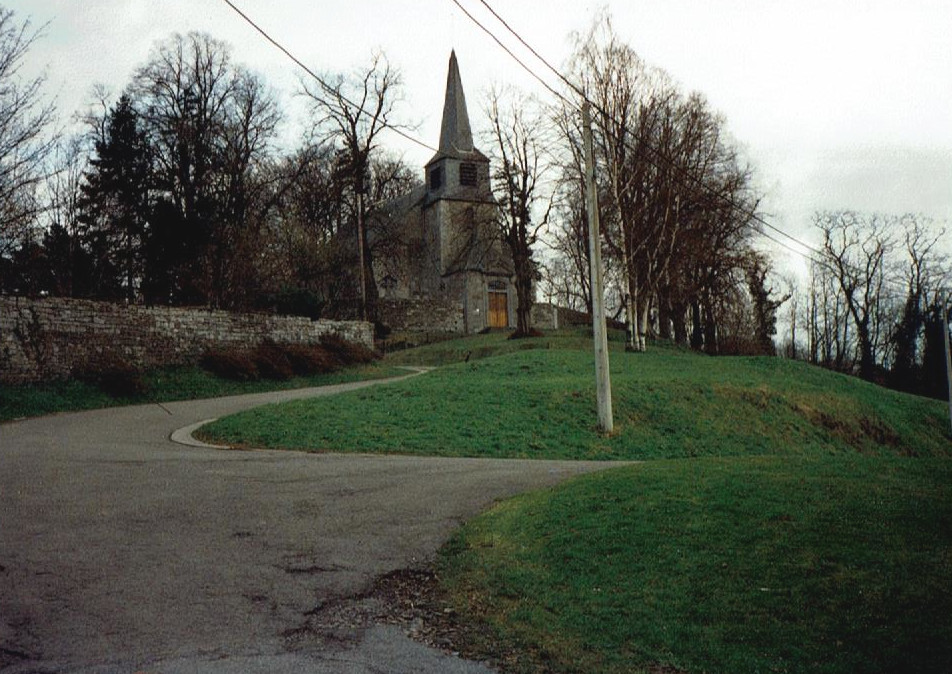 During my time volksmarching in the Benelux, I usually tried to avoid the social clumsiness of walking the same pace as some strangers near me at any point. They typically returned the favor. But I typically wore a hat that marked me as American, so I was quite the novelty for these folks. Sometimes there was light conversation; almost everyone knew some English. They were always friendly as we greeted and then resumed our walking in privacy.
During my time volksmarching in the Benelux, I usually tried to avoid the social clumsiness of walking the same pace as some strangers near me at any point. They typically returned the favor. But I typically wore a hat that marked me as American, so I was quite the novelty for these folks. Sometimes there was light conversation; almost everyone knew some English. They were always friendly as we greeted and then resumed our walking in privacy.
I once ran into a fellow who was quite the polyglot, from Antwerp. I overheard him chattering fluently in Walloon French, Flemish/Dutch, German and with me in English. He mentioned at one point he knew Spanish and Italian, as I recall, and was learning Russian because of his business in medical supplies put him in contact with Russians. Our pace was nearly identical and he had a lot to ask me about, so we became friends. He was quite entertaining, telling me a tale of having hip replacement surgery and so very glad he could walk again. He recalled the nurses told him that, coming out from under anesthesia, he chatted away in American English, lying in a Belgian hospital bed. It was as if the anesthesia changed his persona somewhat. At the end of the march, we parted company under the assumption that we would unlikely ever meet again.
But I ran into him at least two other times on walks in other areas of Belgium. He actually celebrated the moment with more fondness than I expected. We walked together and talked about life on a philosophical level I found quite rare anywhere. He was one of those few souls who definitely wanted good friends who were on his level, and found quite few.
It wasn’t so much a matter of high intellectual level as something more important: We were both hungry for friends who understood that fellowship was more important than almost anything else. This was early yet in my theological journey, and this man was of a similar religious cast as I. We were both headed in the same direction morally. We agreed that theological particulars could cause unnecessary friction, but that you can’t simply let just anyone in the door of your life. You have to seek people of faith with whom you can work by virtue of similar ideas about what really matters. We spoke openly of such things with the same kind of hunger.
Apparently we were just such friends to each other. Nothing I said surprised him, and vice versa. That is, we could both bare our souls and neither would be shocked or put off by it. We instinctively understood each other’s human frailty and it was no hindrance to see the imperfections we bore in this life.
Alas, I lost the slip of paper on which he wrote his address for me. When I started having knee trouble and couldn’t take those long hikes any longer, I wanted to write him, but I could never find it.
Still, I’ll never forget the man himself and the deep impression he made on me. He had a rare genius for friendship and fellowship. Given his age, I doubt he’s alive any longer. Here’s to you, Martin Box of Antwerp.


What a nice memory. Your walks and talks together obviously left an imprint that never left you.
It’s too bad he doesn’t have a more unusual name. Would be easier to look him up.
I’ve tried several different times, but that’s actually a very common name in Flanders, rather like our “John Smith.”